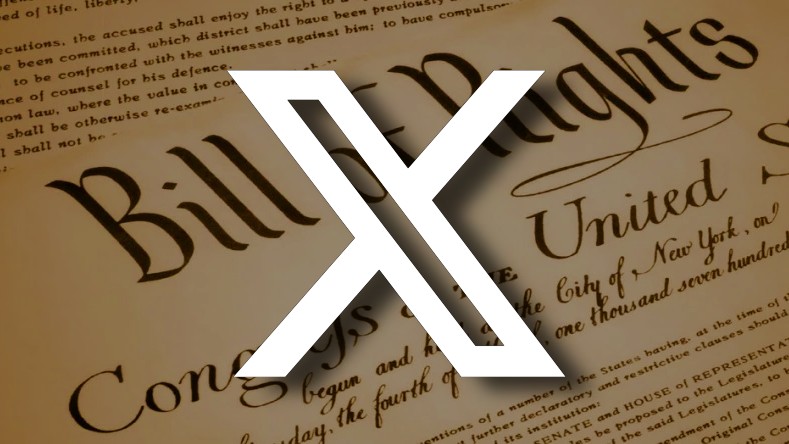
A federal court in California has upheld the constitutionality of the state’s Assembly Bill 587 (AB 587), which mandates social media companies to submit to the state attorney general semi-annual reports detailing their content moderation practices. This decision comes after X filed a lawsuit claiming the law violated the company’s First Amendment rights.
The underlying law
AB 587 requires social media companies to provide detailed accounts of their content moderation policies, particularly addressing issues like hate speech, extremism, disinformation, harassment, and foreign political interference. These “terms of service reports” are to be submitted to the state’s attorney general, aiming to increase transparency in how these platforms manage user content.
X’s challenge
X challenged this law, seeking to prevent its enforcement on the grounds that it was unconstitutional. The court, however, denied their motion for injunctive relief, finding that X failed to demonstrate a likelihood of success on the merits of its constitutional claims.
The court’s decision relied heavily on SCOTUS’s opinion in Zauderer v. Office of Disciplinary Counsel of Supreme Court of Ohio, 471 U.S. 626 (1985). Under the Zauderer case, for governmentally compelled commercial disclosure to be constitutionally permissible, the information must be purely factual and uncontroversial, not unduly burdensome, and reasonably related to a substantial government interest.
The court’s constitutional analysis
In applying these criteria, the court found that AB 587’s requirements fit within these constitutional boundaries. The reports, while compulsory, do not constitute commercial speech in the traditional sense, as they are not advertisements and carry no direct economic benefit for the social media companies. Despite this, the court followed the rationale of other circuits that have assessed similar requirements for social media disclosures.
The court determined that the content of the reports mandated by AB 587 is purely factual, requiring companies to outline their existing content moderation policies related to specified areas. The statistical data, if provided, represents objective information about the company’s actions. The court also found that the disclosures are uncontroversial, noting that the mere association with contentious topics does not render the reports themselves controversial. We know how controversial and political the regulation of “disinformation” can be.
Addressing the burden of these requirements, the court recognized that while the reporting may be demanding, it is not unjustifiably so under First Amendment considerations. X argued that the law would necessitate significant resources to monitor and report the required metrics. But the court noted that AB 587 does not obligate companies to adopt any specific content categories, nor does it impose burdens on speech itself, a crucial aspect under Zauderer’s analysis.
What this means
The court confirmed that AB 587’s reporting requirements are reasonably related to a substantial government interest. This interest lies in ensuring transparency in social media content moderation practices, enabling consumers to make informed choices about their engagement with news and information on these platforms.
The court’s decision is a significant step in addressing the complexities of regulating social media platforms, balancing the need for transparency with the constitutional rights of these digital entities. As the landscape of digital communication continues to evolve, this case may be a marker for how governments might approach the regulation of social media companies, particularly in the realm of content moderation.
X Corp. v. Bonta, 2023 WL 8948286 (E.D. Cal., December 28, 2023)
See also: Maryland Court of Appeals addresses important question of internet anonymity
